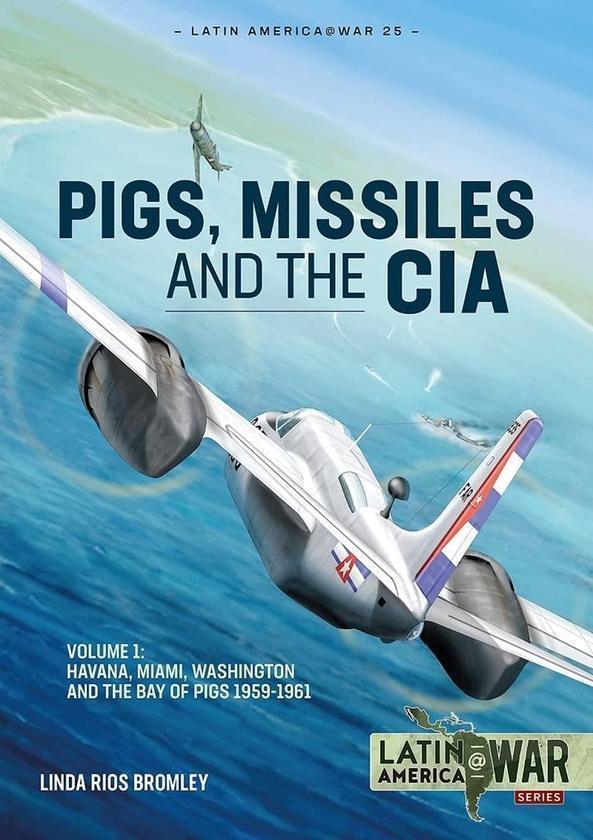
Pig Missiles and the CIA
Формати
Мова
Серія
Ninety miles from the US coast of Florida, dictators and zealots ruled the island of Cuba for hundreds of years. The last half of the 20th century saw dictator Fulgencio Batista deposed by rebel leader Fidel Castro and his followers. Proclaiming himself a supporter of Cubanism not Communism, Castro's nationalization of agriculture and businesses revealed a different side. Thousands of Cubans departed by air and sea en route to the US and Europe. The US government, alerted by the Central Intelligence Agency, became concerned when an alliance forged between Castro and Nikita Khrushchev brought arms and ammunition to the island so close to US shores. John F. Kennedy, sworn into office as the 35th president when critical actions required attention, did not immediately approve the plan without considerable evaluation. The Agency hierarchy enjoyed power and influence and at times withheld critical pieces of the plan.
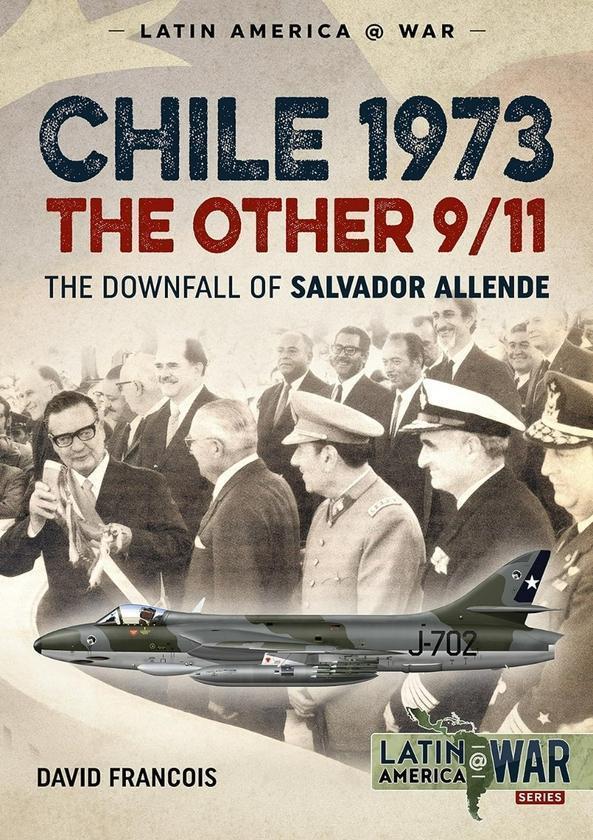
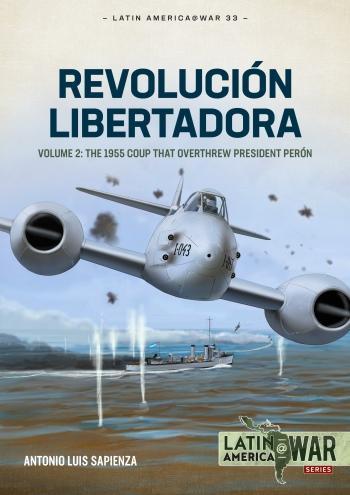
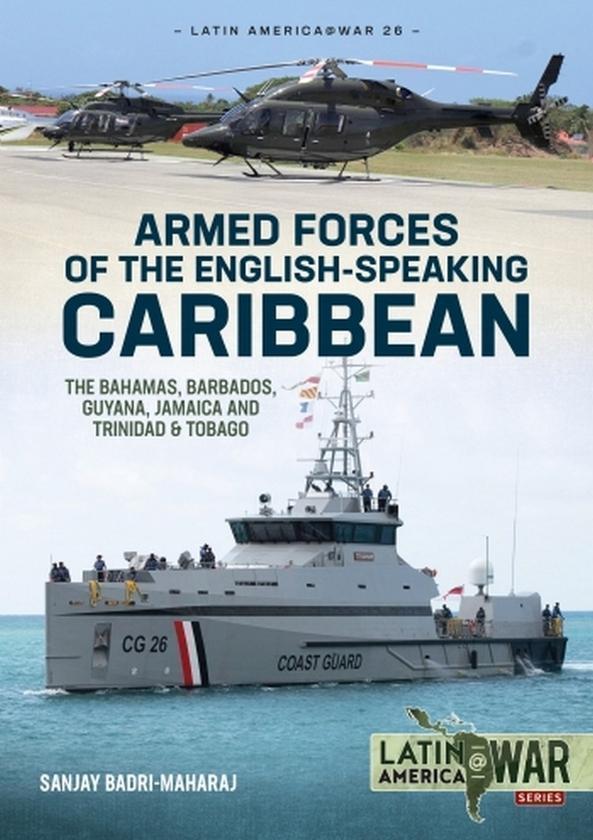
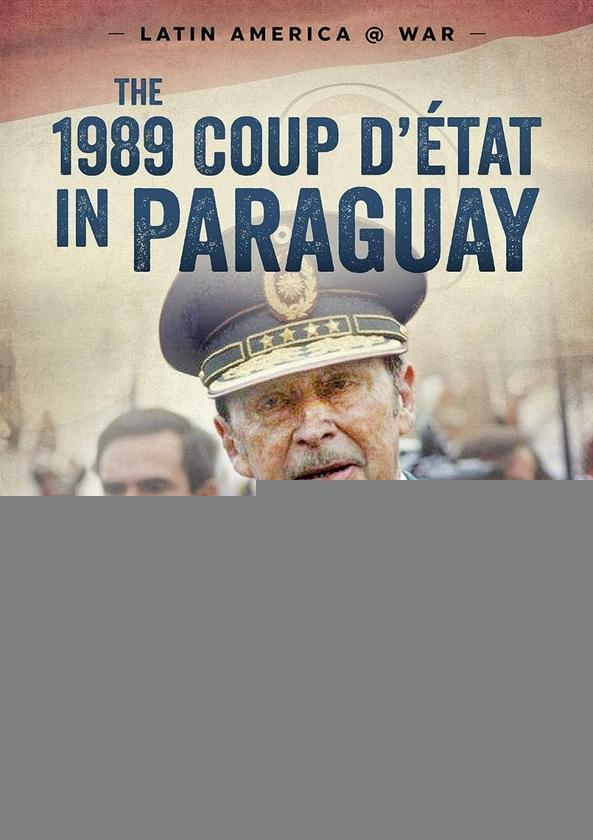
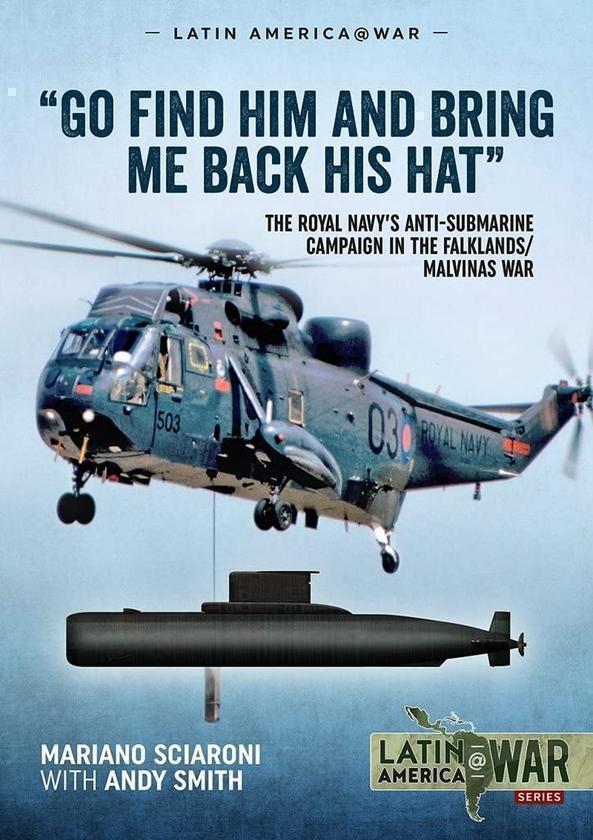
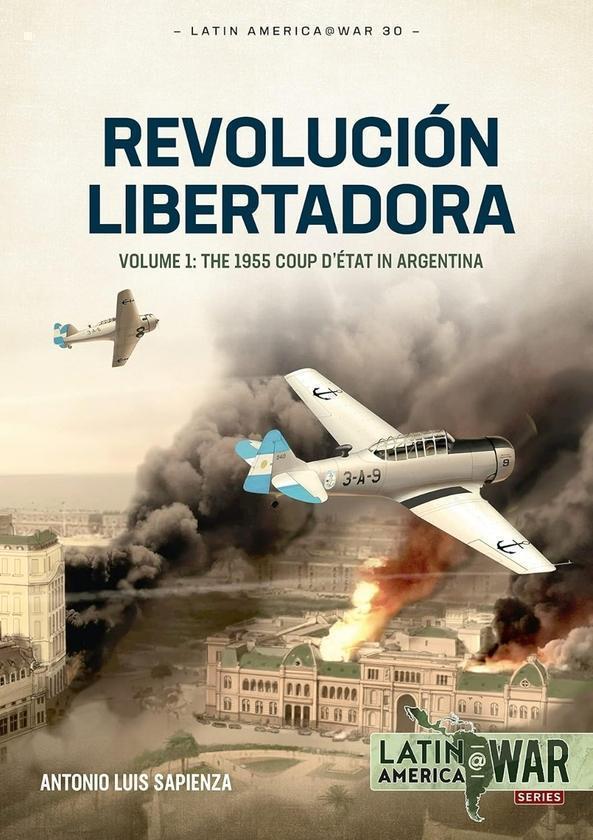
Коментарі
Немає коментарів. Будьте першим, хто залишить коментар!
Щоб залишити коментар, будь ласка, увійдіть або зареєструйтесь